Living with a dog can be incredibly rewarding, but for many, the constant battle against shedding fur is a significant drawback. If you dream of a furry companion that also contributes minimally to household dust bunnies, and you prefer a calm canine presence, this guide is for you. We’ve compiled a list of quiet small dogs that don’t shed much, or at all, perfect for apartment living or for anyone seeking a cleaner, more serene home environment. Deciding on the right breed is a crucial step, and understanding their unique characteristics will help you find your perfect match.
teddy bear poodle for sale near me
Understanding Low-Shedding and Non-Shedding Dogs
Before diving into specific breeds, it’s important to clarify what “non-shedding” and “low-shedding” actually mean. While no dog is completely hairless, some breeds have hair that grows continuously, much like human hair, rather than fur that sheds seasonally. These breeds typically require regular grooming to prevent matting and keep their coats healthy. Low-shedding dogs, on the other hand, shed minimally throughout the year, producing far less dander and hair than their heavier-shedding counterparts. This makes them excellent choices for individuals with allergies or those who simply prefer a tidier living space.
Quiet Small Dogs That Don’t Shed: Breed Spotlight
Here are some of the best small dog breeds known for their minimal shedding and often quiet demeanor, ideal for those seeking a low-maintenance and peaceful canine companion:
Affenpinscher
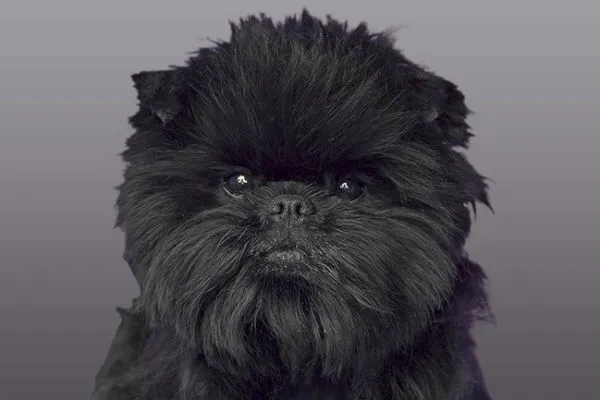 Affenpinscher dog
Affenpinscher dog
The Affenpinscher, meaning “monkey-like terrier,” lives up to its name with its intelligent and somewhat mischievous expression. This small but fearless breed is known for its wiry coat that sheds very little and has a minimal doggy odor. A twice-weekly brushing is usually sufficient to maintain their shaggy yet neat appearance. Their alert nature means they’ll certainly let you know if someone is at the door, but they are generally not excessive barkers.
Basenji
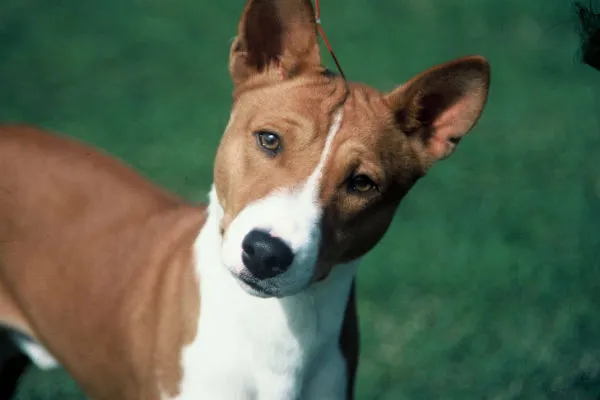 Basenji dog
Basenji dog
Often called the “barkless dog,” the Basenji is a unique breed known for its quiet nature. Instead of barking, they make a yodel-like sound. They have a short, fine coat that sheds minimally and requires little grooming. Basenjis are energetic and require daily exercise, making them suitable for active individuals or families. Their intelligence and independence are hallmarks of this fascinating breed.
Bichon Frise
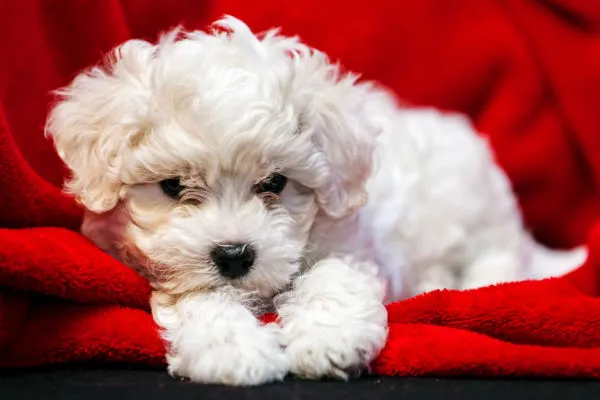 Bichon Frise dog
Bichon Frise dog
The Bichon Frise is a true non-shedding breed, making them a popular choice for allergy sufferers. Their fluffy, white coat is more like hair and requires consistent grooming, including regular brushing and occasional professional grooming, to prevent matting and maintain their iconic “powder-puff” look. These cheerful and affectionate dogs are known for their playful personalities but are not typically prone to excessive barking.
Bolognese
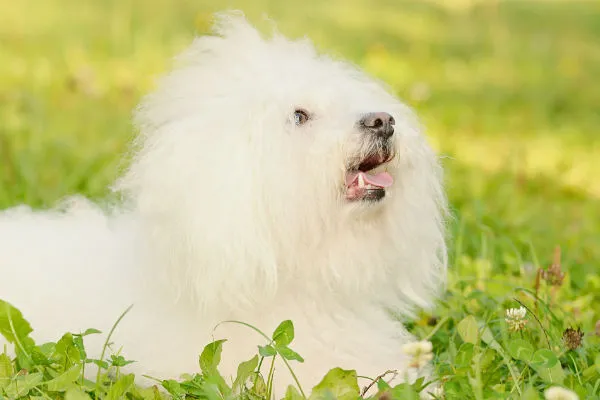 Bolognese dog
Bolognese dog
Similar to the Bichon Frise, the Bolognese boasts a distinctive fluffy coat that doesn’t shed. This coat is composed of soft, cotton-like hair that requires daily grooming to keep it in top condition. Bolognese dogs are known for their gentle and affectionate nature, often described as lovable lap dogs. They are generally quiet and content with moderate exercise.
Brussels Griffon
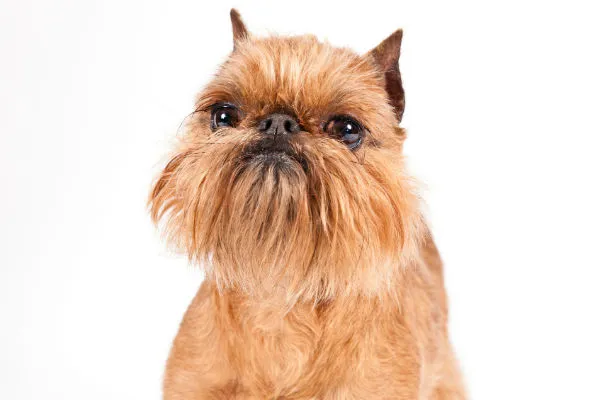 Brussels Griffon dog
Brussels Griffon dog
The Brussels Griffon is a small, sturdy dog with two coat varieties: smooth and rough. Both shed minimally and require regular grooming to maintain their appearance. These loyal and curious dogs are not known for being yappy. They adapt well to apartment living, provided they get their daily dose of exercise and mental stimulation. Their expressive faces and devoted nature make them wonderful companions.
Chinese Crested
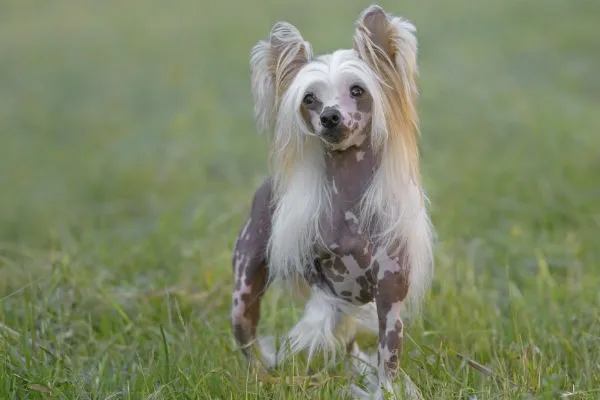 Chinese Crested dog
Chinese Crested dog
The Chinese Crested offers a unique solution to shedding: a hairless body. While they have hair on their head, feet, and tail, the lack of body hair means virtually no shedding. The powderpuff variety has fine, soft hair that also sheds minimally. Hairless Chinese Crested dogs require specific skin care, including protection from the sun and cold. They are alert and affectionate but generally not prone to excessive barking.
Coton de Tulear
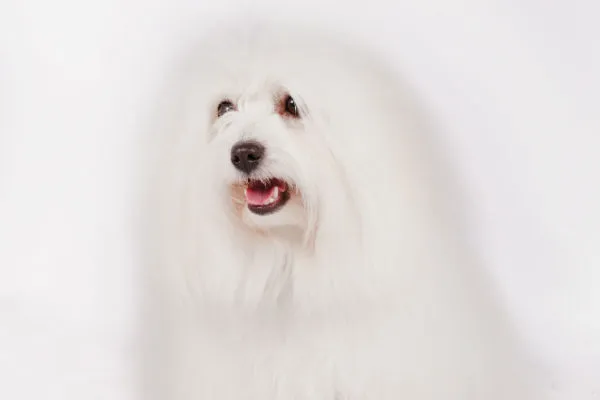 Coton de Tulear dog
Coton de Tulear dog
The Coton de Tulear, meaning “cotton dog,” lives up to its name with its soft, fluffy, white coat. This breed is considered hypoallergenic and sheds very little. However, their beautiful coat requires daily grooming to prevent tangles and mats. Coton de Tulears are known for their lighthearted, gentle, and playful disposition. They are typically quiet and enjoy being the center of attention in a loving home.
Havanese
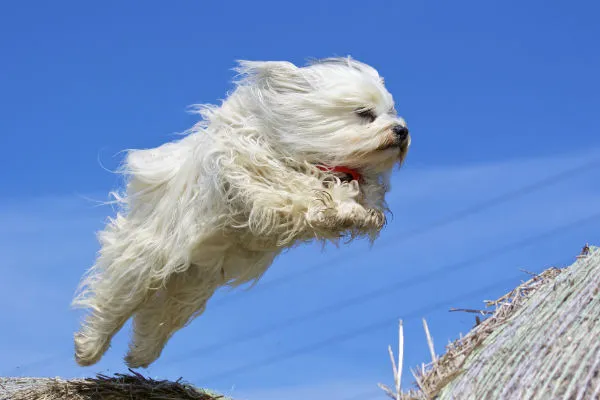 Havanese dog
Havanese dog
These charming dogs from Cuba have a double coat that is silky and requires weekly brushing to keep it healthy and tangle-free. The Havanese is a non-shedding breed, making them a great option for those sensitive to dog hair. They are lively, intelligent, and very devoted to their families. While they are playful, they are not typically excessive barkers, making them well-suited for apartment living.
Maltese
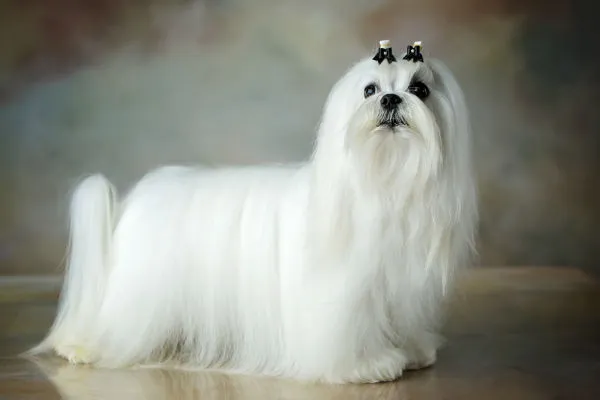 Maltese dog
Maltese dog
The Maltese, with its long, flowing white coat, is a breed that has charmed people for centuries. Their hair sheds very little, making them an excellent lap dog for those who want to minimize shedding. Regular brushing is essential to prevent mats, and occasional baths keep their silky coat clean. Maltese dogs are known for their playful and affectionate nature, and while they can be alert, they are not typically incessant barkers.
Lhasa Apso
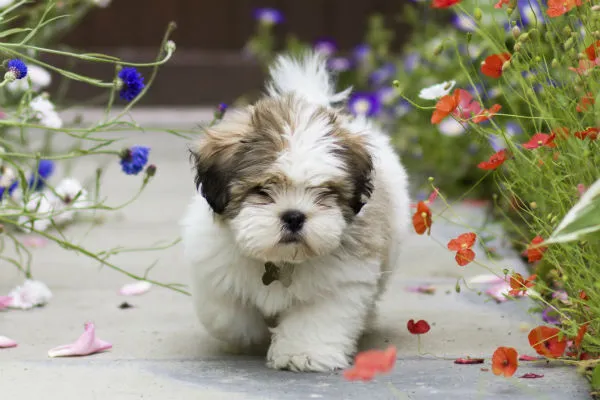 Lhasa Apso dog
Lhasa Apso dog
Originating from Tibet, the Lhasa Apso is a small dog with a long, dense coat that sheds minimally. Many owners opt for a shorter “puppy cut” to simplify grooming. These dogs are known for being calm yet playful, enjoying both brisk walks and relaxing on their owner’s lap. They are naturally alert and can be good watchdogs, but they are not usually prone to excessive barking.
Miniature Schnauzer
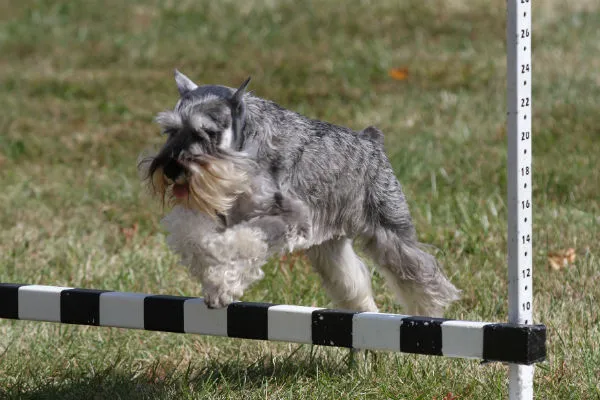 Miniature Schnauzer dog
Miniature Schnauzer dog
The Miniature Schnauzer is a spirited and intelligent breed that strongly resembles its larger cousins. They have a wiry coat that sheds very little, requiring regular brushing and occasional professional grooming. Miniature Schnauzers are adaptable to various living environments and are known for their cheerful disposition. While they can be alert and protective, they are generally not excessive barkers.
Poodle
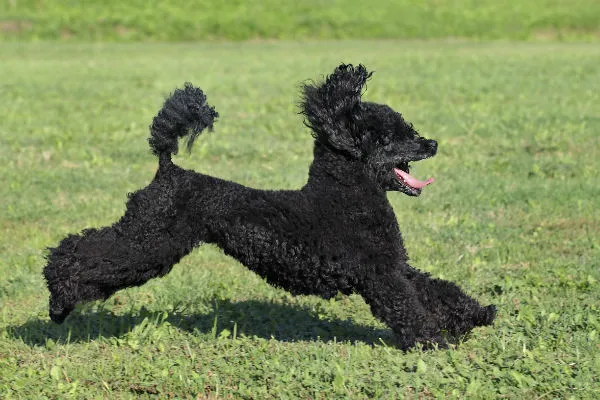 Poodle dog
Poodle dog
Poodles, especially the Miniature and Toy varieties, are perhaps the most well-known small dogs that don’t shed. Their curly, dense coat is considered hypoallergenic and requires regular professional grooming to prevent matting. Poodles are highly intelligent, trainable, and active dogs. While they are alert, they are not typically known for being yappy when properly trained and socialized.
Scottish Terrier
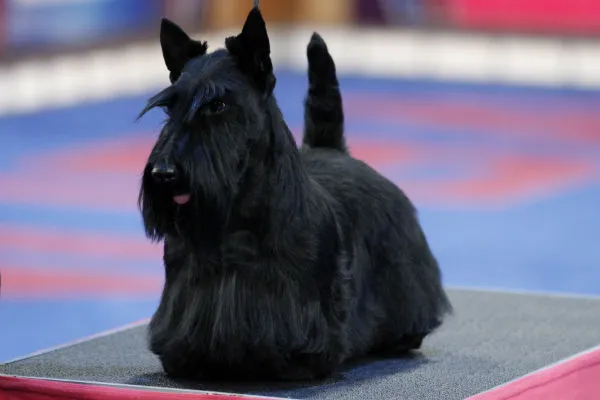 Scottish Terrier dog
Scottish Terrier dog
The Scottish Terrier, or Scottie, is a bold and confident breed with a wiry, weather-resistant coat that sheds very little. Regular brushing, grooming, and occasional hand-stripping are necessary to maintain their coat’s health and the breed’s distinctive outline. Scotties are intelligent and independent dogs with a strong prey drive. While they can be alert, they are generally not known for excessive barking.
Shih Tzu
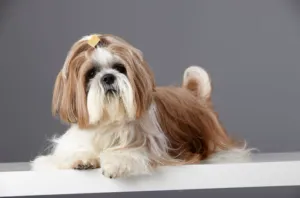 Shih Tzu dog
Shih Tzu dog
The Shih Tzu, meaning “little lion dog,” is a breed with a rich history and a beautiful, long, silky coat that is very low-shedding. Regular brushing is a must to keep their magnificent hair from tangling. These sturdy and lively dogs make excellent companions, known for their gentle and trusting nature. They are primarily house pets and are not typically prone to excessive barking.
West Highland White Terrier
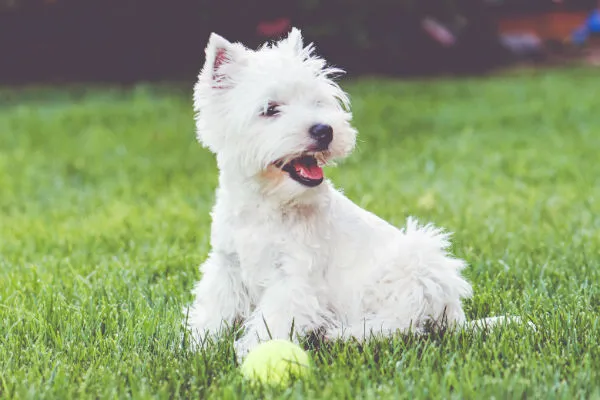 West Highland White Terrier dog
West Highland White Terrier dog
The West Highland White Terrier, affectionately known as the Westie, has a coarse, white coat that sheds very little. These sturdy, intelligent dogs are loyal, happy, and entertaining. While they possess a moderate energy level and an independent streak, they are generally not known for incessant barking, making them good companions for various households.
Xoloitzcuintli
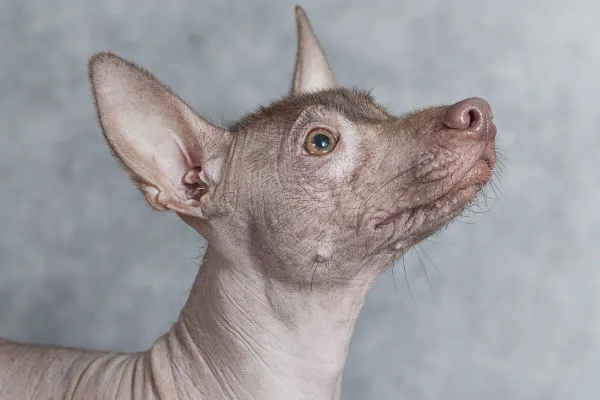 Xoloitzcuintli dog
Xoloitzcuintli dog
Also known as the Mexican Hairless, the Xoloitzcuintli comes in hairless and coated varieties. The hairless type has minimal hair on its head, feet, and tail, meaning almost no shedding. The coated variety has a very short, fine coat that sheds minimally. As with any hairless breed, their skin requires extra care. Xolos are attentive watchdogs and affectionate companions, known for their tranquil nature at home.
Yorkshire Terrier
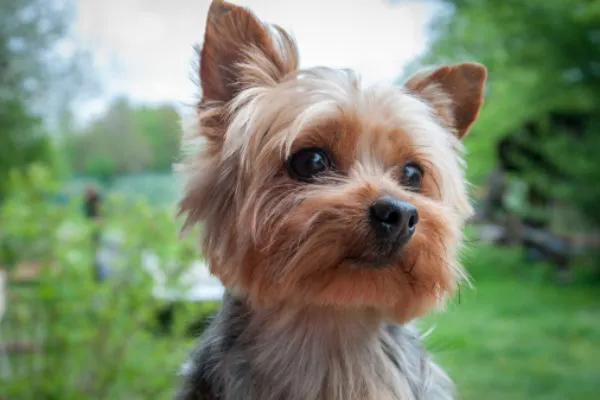 Yorkshire Terrier dog
Yorkshire Terrier dog
The Yorkshire Terrier, or Yorkie, is a spirited and affectionate toy breed full of personality. These spunky lap dogs are known for their silky coats that do not shed, making them ideal for allergy sufferers and those who dislike dog hair. Daily brushing is recommended to keep their beautiful coats in top condition. Yorkies are alert and can bark to announce visitors, but with proper training, they are not typically yappy.
Key Considerations for Low-Shedding Breeds
Even dogs that don’t shed much require consistent grooming. Regular brushing helps to remove dead hair and prevent mats, while occasional baths are necessary for hygiene. It’s also important to remember that “non-shedding” doesn’t mean “no maintenance.” Researching a breed’s specific grooming needs and exercise requirements is crucial to ensure it’s a good fit for your lifestyle. Furthermore, always prioritize purchasing a dog from a reputable breeder, feeding a high-quality diet, and ensuring regular veterinary check-ups to maintain your dog’s overall health.
References
- American Kennel Club (AKC) – Breed Information: www.akc.org/dog-breeds/
- The Kennel Club – Dog Breed Information: www.thekennelclub.org.uk/dog-breeds/
